Takin’ it to the streets
Although public protests have exploded in the last few months in some Western countries, there has been a history in recent years of these kinds of demonstrations on such issues as climate change, globalisation and refugees. All these issues raise important questions of public policy but this kind of debate is not the goal of most of those attending these mass rallies.
There have also been in a number of countries protests that appear to arise out of a general – and usually unspecified – dissatisfaction with the existing system of government. Chile’s capital of Santiago was the scene of destructive riots where the major demand seemed to be for a new constitution, as if that could solve serious economic and social problems. Some of the most violent demonstrations, of course, took place in Paris where the so-called gilets jaunes smashed and looted on the Champs Élysées, although without ever identifying their complaints in any detailed fashion.
Often one element of these crowds, although a relatively small one, is the professional activist who wants to destroy Western society, despite having no particular model to put in its place. Whenever G8 meetings were held in Europe in recent years, members of this group from various countries would travel to the site of the meeting and conduct violent demonstrations against what they called globalisation. The host city would respond with massive security and engage the demonstrators on the streets. This group is essentially nihilistic in outlook and ready to adopt any current cause in opposition to governments. It has a premeditated violent strain that echoes the German Baader-Meinhof and Italian Red Brigade gangs of the 1970s.
The much larger component of most public protests is those looking for the experiences that were once largely supplied by organised religious bodies. They seek the security that comes from belonging to a large-scale movement and the self-satisfaction that comes from being part of a righteous cause. Their views, however, are usually quite simplistic. In the case of proponents of refugee rights, for example, their only solution seems to be one of open borders, despite the complete impracticality of such a policy. In Australia they seem oblivious to the fact that this country’s immigration program is one of the world’s largest per capita and includes a substantial intake of refugees each year. They refuse to accept that almost all those who enter Australia outside one of these two programs are invariably unauthorised economic immigrants and not political refugees. Similarly Extinction Rebellion, which originated in Britain but has spread to other countries, including Australia, operates by occupying public spaces to protest government policies on climate change. But, rather than engage with some of the social and economic complexities of this issue, they insist that greenhouse gas emissions must be reduced to zero by 2025 and that governments must be subordinated to the decisions of citizens’ assemblies on questions of climate and ecology.
There is nothing particularly surprising about the character of these movements but what is more puzzling is why so many of the establishment forces in Western societies have allowed themselves to be intimidated by their activities. Why is it that most sections of the media, many government bodies, major sporting codes and a large part of the corporate sector have often rushed to identify themselves with groups that may have little support in the general community? It is likely, of course, that quite a number of those in control of these institutions do not share the views of these protest movements but their real concern is not to leave themselves open to the charge of political incorrectness.
On the subject of political correctness, future historians might, for example, be perplexed by the decision by Oriel College of Oxford University – under pressure from its own students and students from the wider university – to dismantle a statue of Cecil Rhodes, a mining magnate and politician in South Africa in the decades leading up to 1900. Rhodes had been a member of the college when he attended Oxford. There are a number of unattractive aspects of Rhodes’ career but, whatever one might make of these, it seems reasonable to ask what is the connection between events in South Africa in the second half of the 19th century and Oxford students in 2020?
Whatever reservations might be held about the work of Rhodes, it is hard to see how statues of Winston Churchill, Horatio Nelson and Francis Drake could reasonably be offensive to any groups in modern Western society. This is not to say that some public monuments do not outlive their original status. The problem about statues of Robert E. Lee and Jefferson Davis in various US states is not only that they were leaders of a Confederacy based upon slavery but that they tried to destroy the Union and caused enormous loss of life in this attempt. It is not easy to see why they should be the subject of permanent preservation in any part of the US, even in the southern states that made up the Confederacy.
It is interesting to speculate on the role of social media in all of this. It has certainly made it easier to assemble participants in a public demonstration. But it may well be that it has also contributed significantly to the simplistic discussion of political issues that seems to have become a hallmark of so much public debate in the Western nations over recent years. The sharp rise in defamation cases arising from publications on social media indicate that many persons using these platforms see them as vehicles for personal abuse. This propensity for invective is also evident in the area of political commentary where anyone who disagrees with the commentator is the subject of furious denunciation by his or her supporters.
There are serious questions about public policy that need to be addressed in all Western nations but debate on these issues will hardly be advanced on the streets or on Facebook.
Got something to add? Join the discussion and comment below.
Get 10 issues for just $10
Subscribe to The Spectator Australia today for the next 10 magazine issues, plus full online access, for just $10.
You might disagree with half of it, but you’ll enjoy reading all of it. Try your first month for free, then just $2 a week for the remainder of your first year.

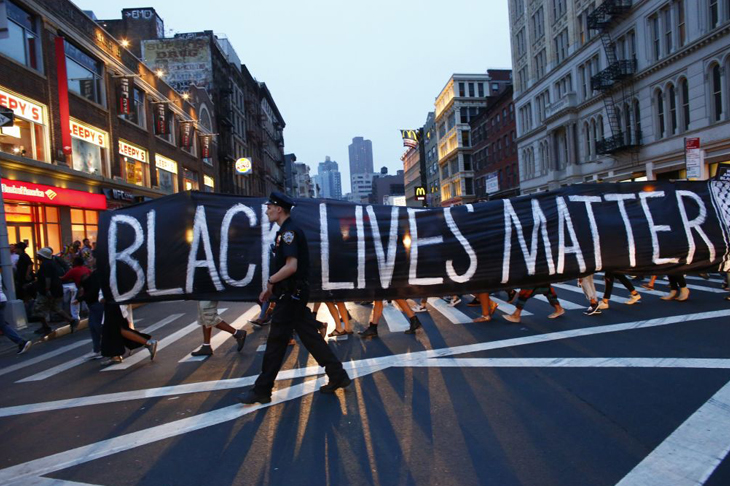

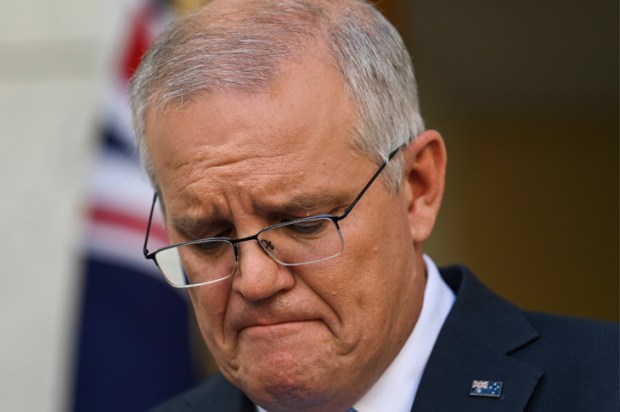
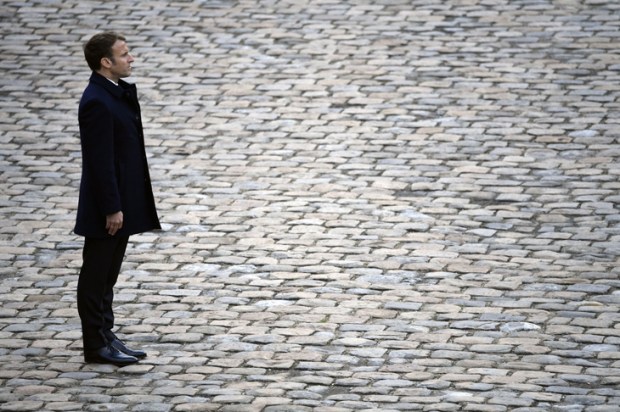
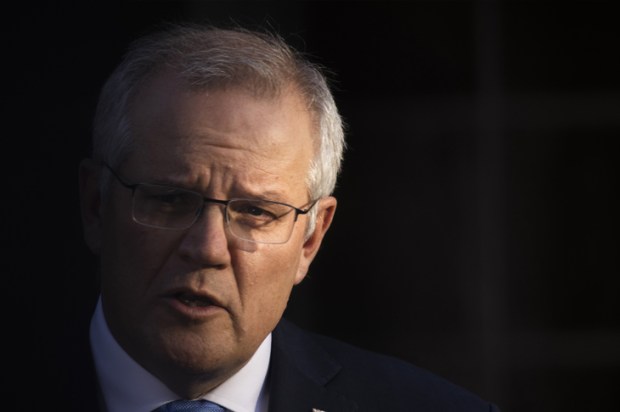
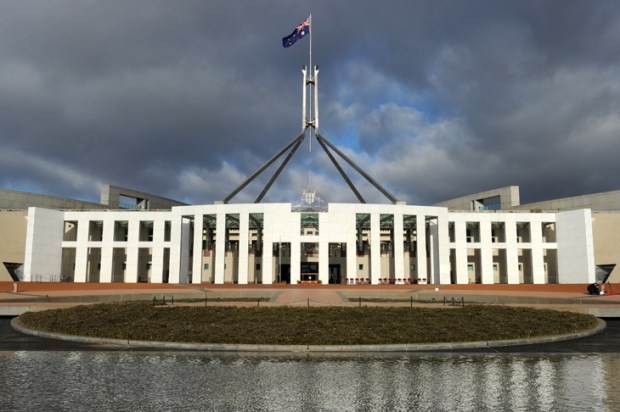
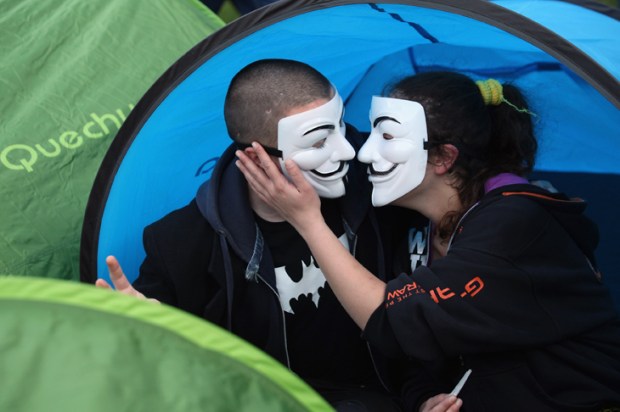






Comments
Don't miss out
Join the conversation with other Spectator Australia readers. Subscribe to leave a comment.
SUBSCRIBEAlready a subscriber? Log in